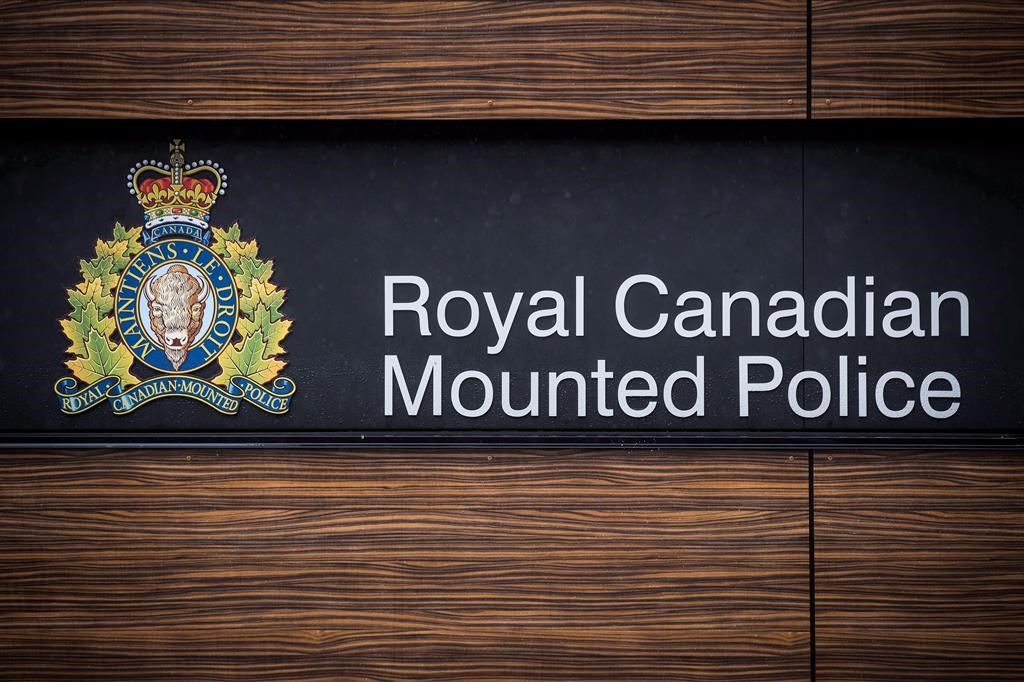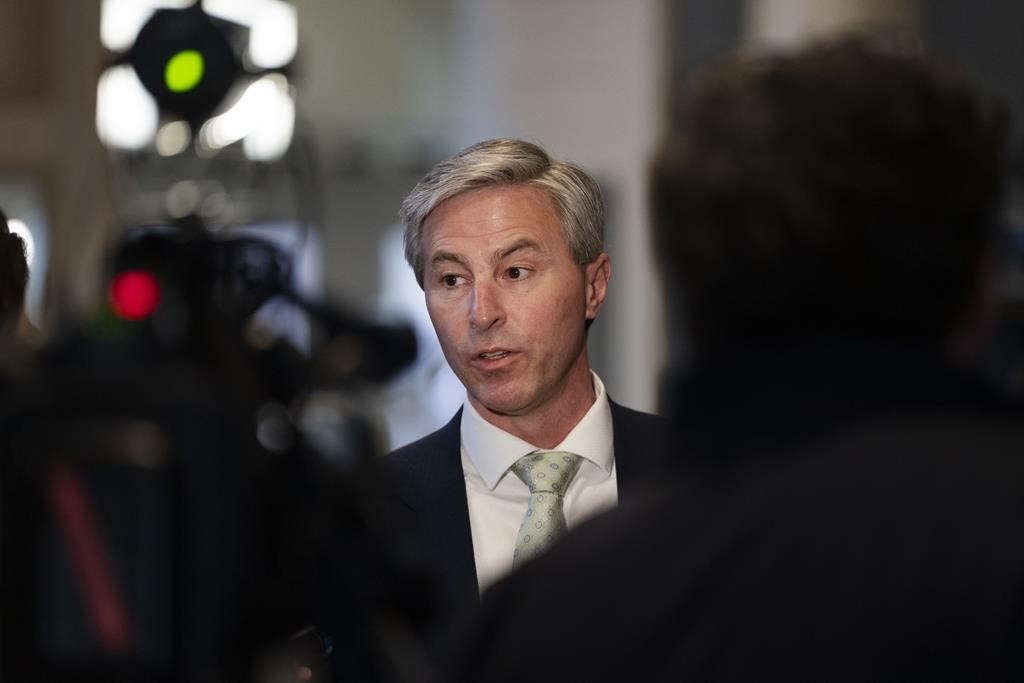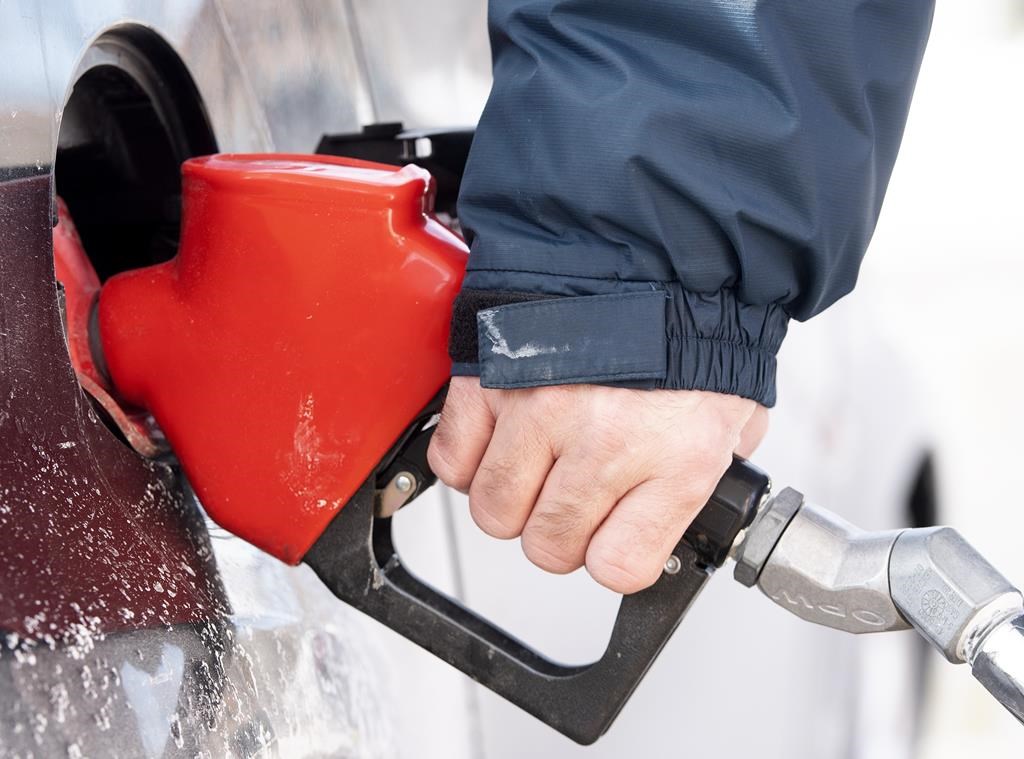Finance Minister takes aim at taxpayer advocacy group over taxation report
Posted May 27, 2011 05:31:09 AM.
This article is more than 5 years old.
The Finance Minister is refuting reports that Nova Scotians pay the highest taxes in the country and is blaming a taxpayer advocacy group for misrepresenting the figures.
The Canadian Taxpayers Federation has been making comments based on the Department of Finance’s report Overview of the Nova Scotia Tax System published online in April.
“This right-wing, anti-tax organization fixates on one graph, on one page, in a 129-page report. Then they completely misrepresent what that graph says,” Minister Graham Steele told the Rick Howe Show, Thursday.
Steele referred to page 85 of the report which shows a bar graph of the amount of federal, provincial and local tax, by province, as a percentage of nominal Gross Domestic Product for 2009.
Nova Scotia is shown as having the tallest bar on the graph indicating a taxation rate of just over 30 per cent of GDP.
“That Nova Scotia has the highest taxes in the country is not true. It’s not true,” said Steele. “The graph that this anti-tax organization points to does not say what they claim that it says.”
Steele said Quebecers pay the highest taxes in Canada while Nova Scotia is sixth.
The Atlantic director for the federation has a reason for the discrepancy, explaining less money is collected from personal income tax in Nova Scotia.
“The number he points to, there’s a graph in the report that shows that Nova Scotians pay one of the lowest taxes per their income,” Kevin Lacey tells the Tom Young Show, Thursday. “The reason is because Nova Scotia has so many poor, people on the lower end of the scale, that it drags the average down.
“Really it’s a dubious statistic because the reason why it’s so low is because the province is so poor, because they’re so taxed,” he said.
The Federation also released figures on Thursday showing Nova Scotians pay the third-highest gasoline taxes in the country, calling it a “windfall” for the provincial government.
The federation says Nova Scotians paid 43 cents in federal, provincial and sales taxes on a litre that cost a total of one dollar and 32 cents in April. An analysis says the province would get an extra $1.6 million dollars in sales tax revenue for every cent the average price of gasoline and diesel fuel is above last year’s average.
But Steele says higher prices doesn’t necessarily mean a tax windfall for the province, noting that high prices tend to drive down demand – though there isn’t a direct correlation.
Steele says generally speaking, if the price of gas goes up, consumption will go down, but not by as much as the price of gas goes up.










